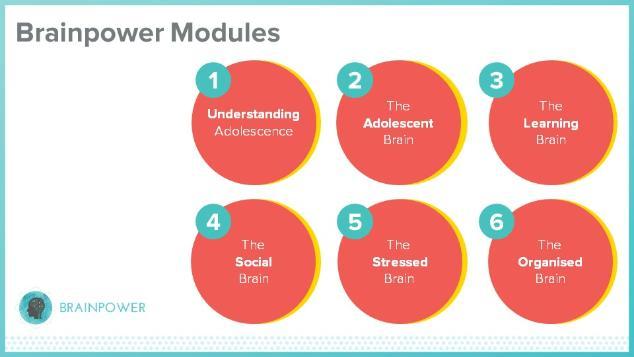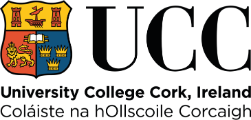In This Section
- CIRTL Homepage
- Meet our Team
- Resources
- Short Guides
- Short Guide 1: Starting Well
- Short Guide 2: Scaffolding Learning
- Short Guide 3: Icebreakers
- Short Guide 5: Discussions for Online Learning
- Short Guide 4: Visualising Thinking
- Short Guide 6: Universal Design for Learning
- Short Guide 7: Group Work
- Short Guide 8: Reimagining Practicals
- Short Guide 9: Assessment in the Age of AI
- Sustainable Development Goals Toolkit
- Group Work
- Connected Curriculum
- Civic Engagement Toolkit
- Learning Outcomes
- DigiEd Reading List
- Ethical Use of GenAI Toolkit
- Short Guides
- Professional Development
- Events
.png)
About Brainpower
Bookended by puberty and culturally defined adult roles, scientists and researchers now agree that adolescence extends from age 10-24 years. To realise student success, higher education institutions must take into account that the majority of their undergraduate students are still adolescents, without fully developed cognitive, social, emotional and self-regulatory capacities, living and learning in a socio-cultural environment that offers less external regulation than ever before.
Created by a team of academics and scientists from occupational science and occupational therapy, applied psychology and neuroscience, with contributions from students and higher education staff, Brainpower is a free, online, self-paced course, focusing on harnessing the power and potential of adolescent brain and behaviour for enhanced learning, wellbeing and student success in higher education.
Brainpower is a free, online, publicly available self-paced course. It consists of six modules, each approximately of one hour duration.

Those who take Brainpower will be supported to:
- Describe brain development as it relates to students in higher education settings
- Identify risks and opportunities of socio-cultural contexts relating to student learning in higher education settings
- Explore practical strategies for enhanced student success and the development of graduate attributes through curriculum design, learning and teaching.
Although targeted mainly at academic and academic support staff in higher education, Brainpower is likely to be of interest to staff across further and higher education, nationally and internationally, as well as parents, school teachers, coaches and all those who contribute to the lives of young people. It is freely and publicly available to all under Creative Commons License via Canvas Public. UCC staff can choose to take Brainpower as a digital badge micro-credential by completing the required assessments as evidence of learning.
What people are saying about Brainpower…
“Well organized and relevant. Inspiring and practical. More educators and students need this information."
“Hugely informative. Provided a thorough understanding in the developmental stage, and how it confers both risks and opportunities. Will definitely be able to bring so much of what I learned today into my own teaching.”
“Thought provoking and very stimulating presentations that really provided a connected approach to the topic.”
“Great to have the interdisciplinary approach to tackle the same theme from different standpoints. I am not a scientist and the language and concepts were made very accessible”.
“Great to see this type of support being offered to help all staff in their relationships with adolescents (both personally as well as professionally.”
Watch the following YouTube video to find out what people have to say about the Brainpower Digital Badge - https://youtu.be/zunmkbhYl6A
Brainpower was funded by National Forum for the Enhancement of Teaching and Learning in Higher Education under the “Strategic Alignment of Teaching and Learning Enhancement Funding in Higher Education 2019” scheme (project no. TL19UCC1486/03).
 |
 |
|---|
